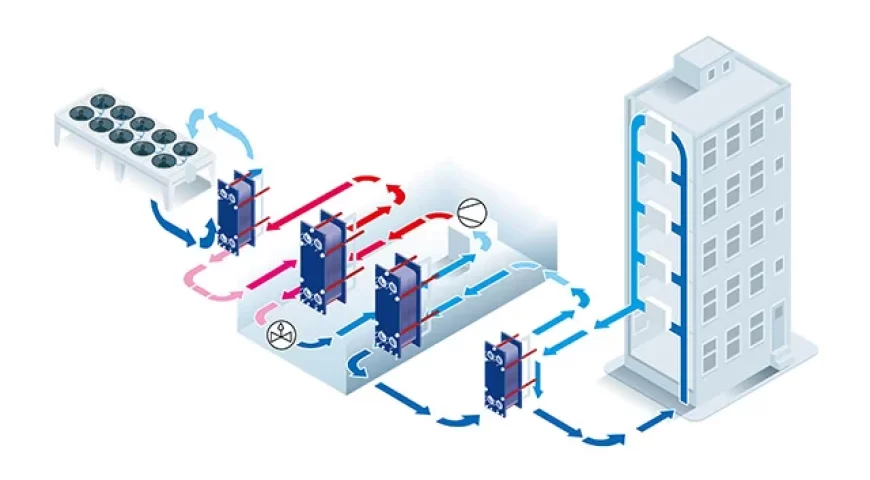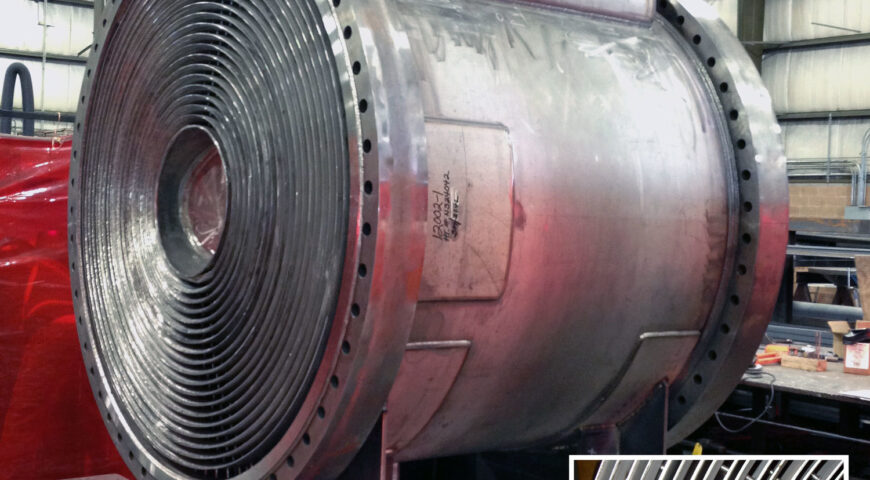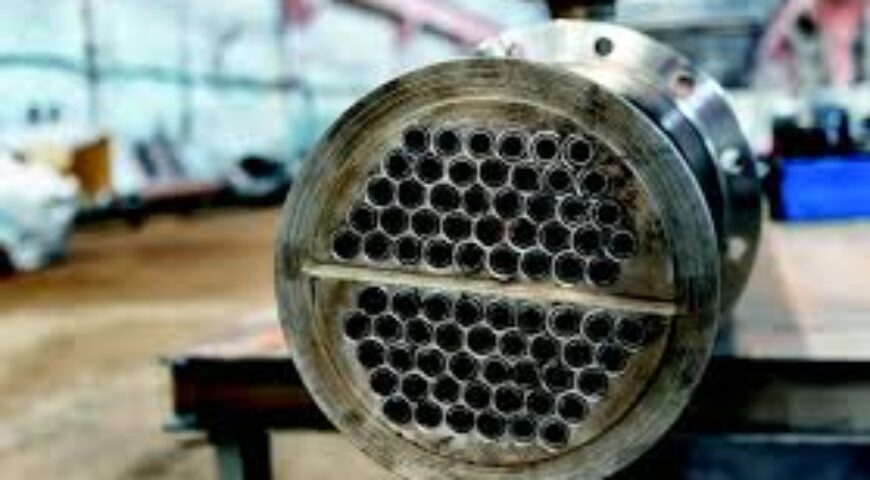Introduction Condensers are pivotal in the efficient operation of power plants, serving as the bridge between energy production and resource conservation. By condensing steam back into water, they not only enable the reuse of water but also optimize the thermodynamic efficiency of power cycles. With rising energy demands and stricter environmental regulations, the focus on […]
- Home
- About Us
- Heat Exchangers
- Cooling Towers
- Fanless Cooling Tower
- Bottle Shape Cooling Tower
- Square Shape Cooling Towers
- FRP Multi Cell Cooling Towers
- Pultruded FRP Cooling Towers
- Single Crossflow Cooling Towers
- Double Crossflow Cooling Tower
- Dry Cooling Towers
- Wooden Cooling Tower
- Closed Circuit Cooling Tower
- Turbine Cooling Tower
- Forced Draft Cooling Towers
- Closed Circuit Hybrid Cooling Tower
- Contact us
91 6379 00 3383






